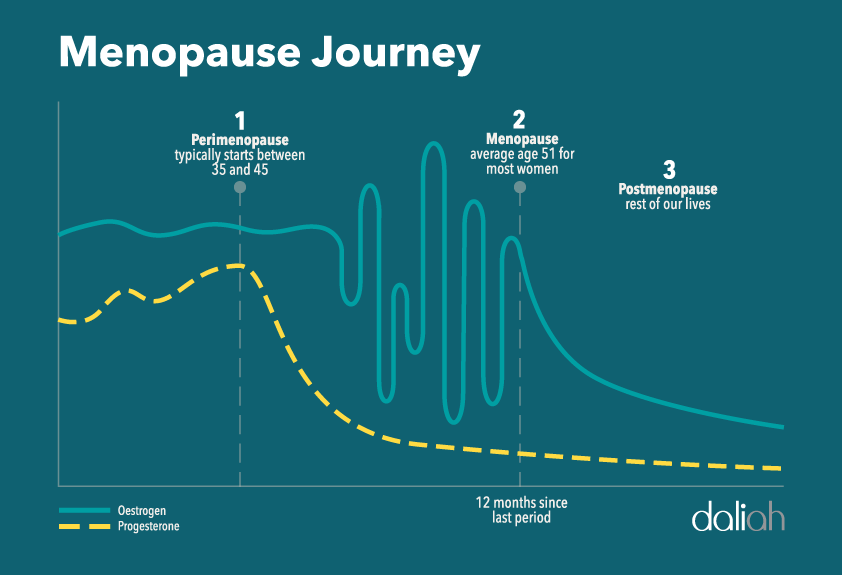Women’s experience of menopause is strongly influenced by personal, family and social factors and there is evidence that having a positive attitude and being prepared for menopause, can reduce distressing asymptoms and empower you to manage it with greater confidence.
There are an estimated 3 million South African women between the age of 45 and 54 years – who are likely to be in one of the menopause phases each year (source: MAPS 2021 data set, Marketing Research Foundation South Africa).


